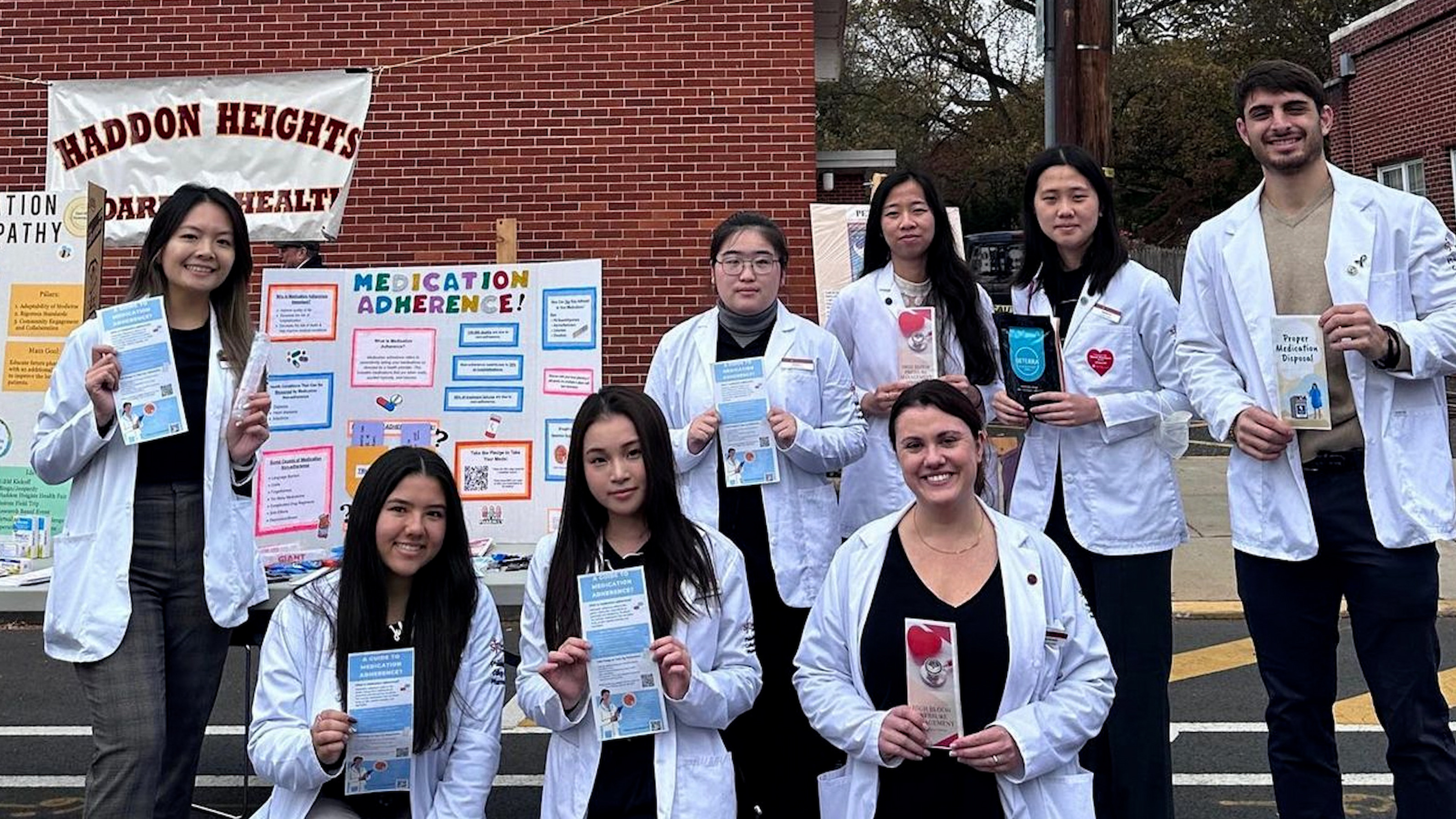What is Financial Aid? Top Three Things to Know.
Learn more about the financial aid process for incoming undergraduate students from Saint Joseph’s admission counselors.

Saint Joseph’s Office of Undergraduate Admission is here to make the financial aid process as easy as possible. That’s why we created a video to help prospective students (like you!) and their families gain a better understanding of financial aid and the opportunities available to help finance their education.
By enrolling at Saint Joseph’s University, you’ll not only make an investment in your immediate future after college, but you will be prepared for a lifetime of unlimited success. With a variety of scholarships, grants and other financing options, there are many opportunities for you to achieve your goals and receive a well-rounded education that prepares you for whatever professional opportunities come your way.
Top Three Thing to Know about Financial Aid at SJU
-
Financial aid is funding that helps bridge the gap between college costs and what a family can afford to pay toward the total cost of a college education.
-
It all starts with the FAFSA. The FAFSA, or the Free Application for Federal Student Aid, is available for students to file at fafsa.gov. It is the application for federal, state and Saint Joseph’s University need-based aid. Be sure to file the 2022-2023 FAFSA, listing Saint Joseph’s University, school code 003367, as a recipient school in order to take the first step to get the financial assistance that you may need. Financial aid packages for admitted students are released as following:
-
Incoming Freshmen (Fall Semester)
-
Early Action: Mid-January
-
Early Decision I: Included with notification of admission
-
Early Decision II: Included with notification of admission
-
Regular Decision: By mid-March
-
- Transfer Students: Rolling
- Once you enroll as a Saint Joseph’s student, your professors, academic advisors and other University support offices, such as the Career Development Center, can help you find other jobs on campus and internships or co-ops (if applicable). Not only can these opportunities help you gain experience in your field and increase your chances of success after graduation, but they can also help you earn money. Co-op opportunities are available in 15 different majors; the average co-op student earns around $30,000 during their time at SJU. Keep that in mind when determining future out-of-pocket costs.
Have a Question? Connect with Your Admission Counselor
Connect with the Office of Undergraduate Admission to explore all the ways to achieve your degree. There are parent loans, private student loans, payment plans and other ways available to cover any remaining out-of-pocket cost after your financial aid package. Learn more about financial aid and policies at Saint Joseph’s.



